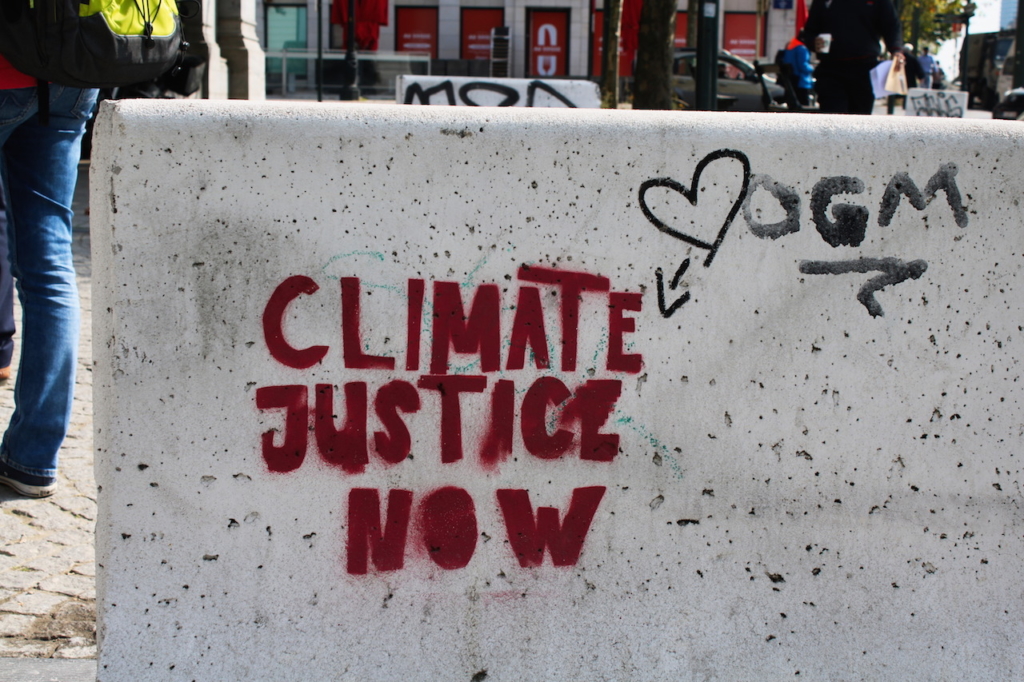Climate Actions required directly challenge our reigning Economic Paradigm


Before the coronovirus pandemic became an inescapable topic of public concern, and a policy of lockdown was imposed, discussion raged on the U.K’s streets. Under the aegis of Extinction Rebellion, millions of young people halted cities and asked what an ecologically sustainable existence might mean. When lockdown was imposed, the streets cleared. Discussion was suspended. What is frustrating, so I suggest, is that discussion had reached a vital point. It had reached the point of singling out capitalist priorities as a chief reason for the ineffectuality of green ideas. In her This Changes Everything, published in 2014, Naomi Klein had written:
“The real reason we are failing to rise to the climate is because the actions required directly challenge our reigning economic paradigm (deregulated capitalism combined with public austerity), the stories on which Western cultures are founded”.
In the discussion on the streets that was widespread before lockdown, this anti-capitalist point was on protesters’ lips.
It is true that the phrase ‘on the lips’ lacks precision. Can we be more exact? I think we can, by noting the specific issues that would have become focal points of contention if the pre-pandemic ‘climate’ discussion had been followed through. Will a further runway at Heathrow Airport be constructed? Will a new generation of nuclear power stations become the norm of power generation in the U.K.? Will the Tories persist in their plan of a high-speed railway link from London to Birmingham and points north? In an independent Scotland, will the S.N.P. have the political courage to leave where it is oil that exists under the North Sea? These questions clamour for practical resolution. They were urgent when discussion of climate change was widespread and they remain urgent today.
If the pre-pandemic discussion on the streets is as I have described it, it is imperative that we we return to the climate change debate at the point where lockdown policies cleared the streets. Can we reach back to this? It is uncertain. Can a discussion that is unconstrained return to a determinate point? Are memories perfect and can an atmosphere be recreated? Let us concede that, speaking literally, atmospheres are irrecoverable. Have we missed our opportunity? I think that this need not be the case. It is true that a climate change discussion that commanded imagination and that hovered on the edge of addressing green and red themes together was a rare moment in U.K. politics. In an opportune manner, from capital’s standpoint, lockdown all but ended a discussion that was unruly and threatened to get out of hand. This said, the points indicated above are explosive. Any one of them can supply a focus for on-the-streets debate. If neoliberalism looks forward to a world where streets are filled with consumers, issues referred to in the present paper can fill streets with crowds whose passions and concerns are of a different sort. It is possible, of course, that protesters demoralised by Coronavirus will not rise to the challenge. If this is so, then talk of missing an opportunity is justified. However, supineness is not essential.
If the pre-pandemic discussion on the streets is as I have described it, it is imperative that we return to the climate change debate at the point where lockdown policies cut it dead. Can an unconstrained discussion ever return to a determinate point? I have conceded the unlikelihood of this. But I have pointed to issues that are unmistakable and may serve as rallying points in an anti-capitalist and a climate change cause. It is true that, as part of lockdown, public houses and meeting rooms have been closed for some time. We are aware – painfully aware – of this. But the passions that motivate us may remain.

If the coronavirus wiped out humans it would be a tremendous result for almost all other species on Earth and the universe as a whole. I remember seeing an episode of Bugs Bunny set in a human-free future. An old rabbit was telling a young one that the humans thought WWII would be the war to end all wars but the final great war was fought between the vegans and the meat eaters. They wiped each other out. It was a much happier planet but IMO it was a shame the vegans didn’t win.
My feeling exactly, Tom. In evolutionary terms, the extinction of the human species would be unremarkable; life would go on in its other mutations.
”Life would go on in its other mutations .”- I think that is already happening with the Boris Johnson concert party in charge . ”The end is nigh ” – for homo sapiens !
Who are these guys?
To the list of issues in paragraph 4 of the article that ‘would have become focal points of contention’ must be added the coalmine at Whitehaven in Cumbria (see The Guardian for Thursday 27 May 2021). Sadly, the list of points of contention must be regarded as open-ended.